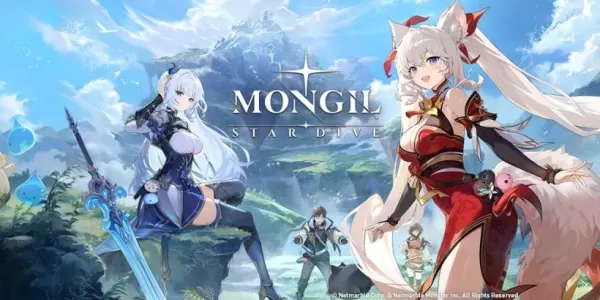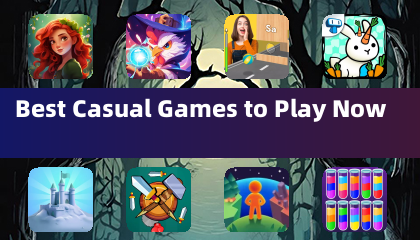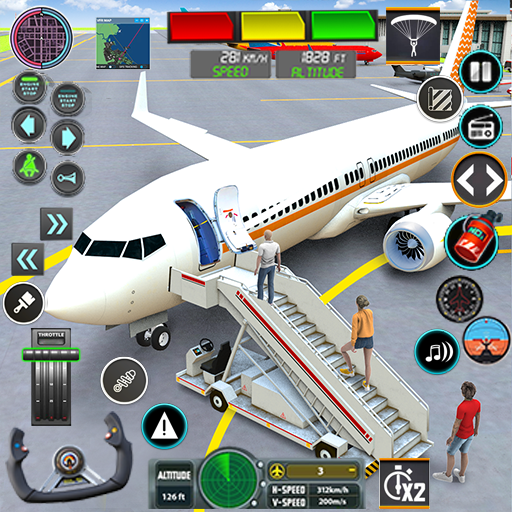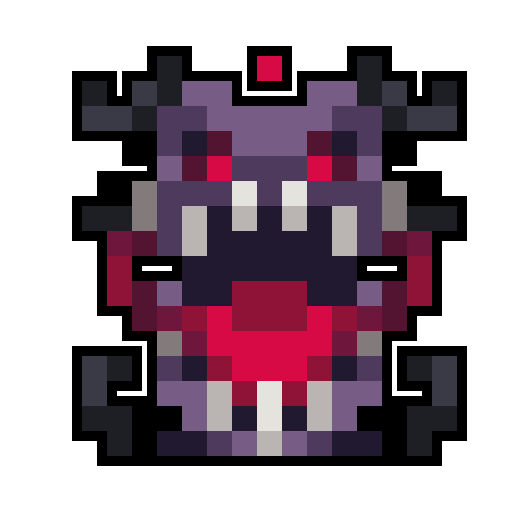Microsoft has unveiled a playable demo inspired by Quake II, utilizing AI technology to generate gameplay visuals and simulate player behavior in real-time. This demo, powered by Microsoft's Muse and the World and Human Action Model (WHAM) AI systems, marks a significant step in AI-generated gaming. According to Microsoft, the demo dynamically creates gameplay sequences that mimic the classic Quake II experience, with each player input prompting a new AI-generated moment. This approach aims to offer a glimpse into the future of AI-driven gaming, showcasing how cutting-edge research can translate into interactive experiences.
However, the demo has received mixed reactions from the gaming community. After Geoff Keighley shared a video of the demo on social media, the response was predominantly negative. Many gamers expressed concerns about the quality and the future implications of AI-generated games. Critics on platforms like Reddit voiced fears that the use of AI could lead to a loss of the human element in game development, potentially resulting in generic and less engaging games. Some users even humorously suggested that they had a better experience simply imagining the game in their heads.
Despite the criticism, not all feedback was negative. Some defended the demo as a proof of concept, highlighting its potential to push the boundaries of AI technology. They argued that while the current demo might not be playable or enjoyable, it represents a significant step forward in AI's ability to create coherent and consistent virtual worlds. This perspective sees the demo as a tool for early concept development rather than a finished product.
The debate around this demo reflects broader discussions within the gaming and entertainment industries about the role of generative AI. Recent layoffs and the use of AI in game development, as seen with Activision's use of AI for Call of Duty: Black Ops 6 assets, have fueled these discussions. Critics argue that AI struggles to produce content that resonates with audiences and raises ethical and rights issues. The failure of Keywords Studios' experimental AI-generated game further underscores these challenges.
In the midst of these developments, figures like Epic Games' Tim Sweeney and Horizon actor Ashly Burch have weighed in on the conversation, highlighting both the potential and the pitfalls of AI in gaming. As the industry continues to explore the capabilities and limitations of AI, the debate over its impact on game development and player experience is likely to intensify.















